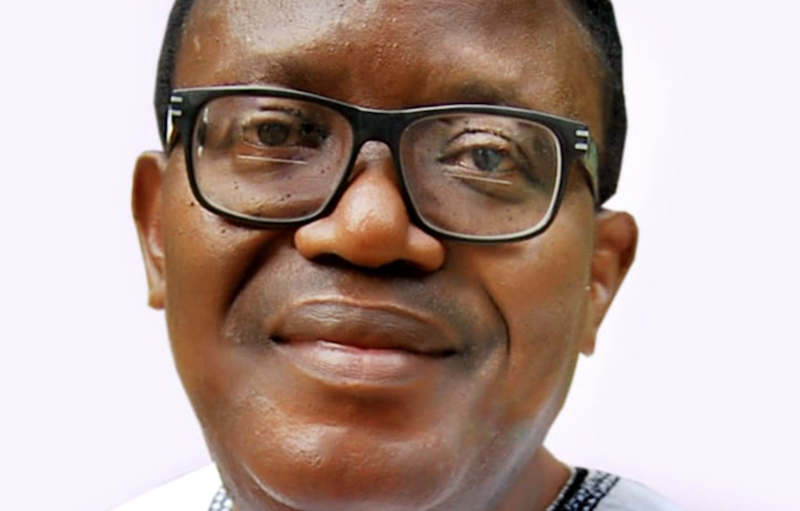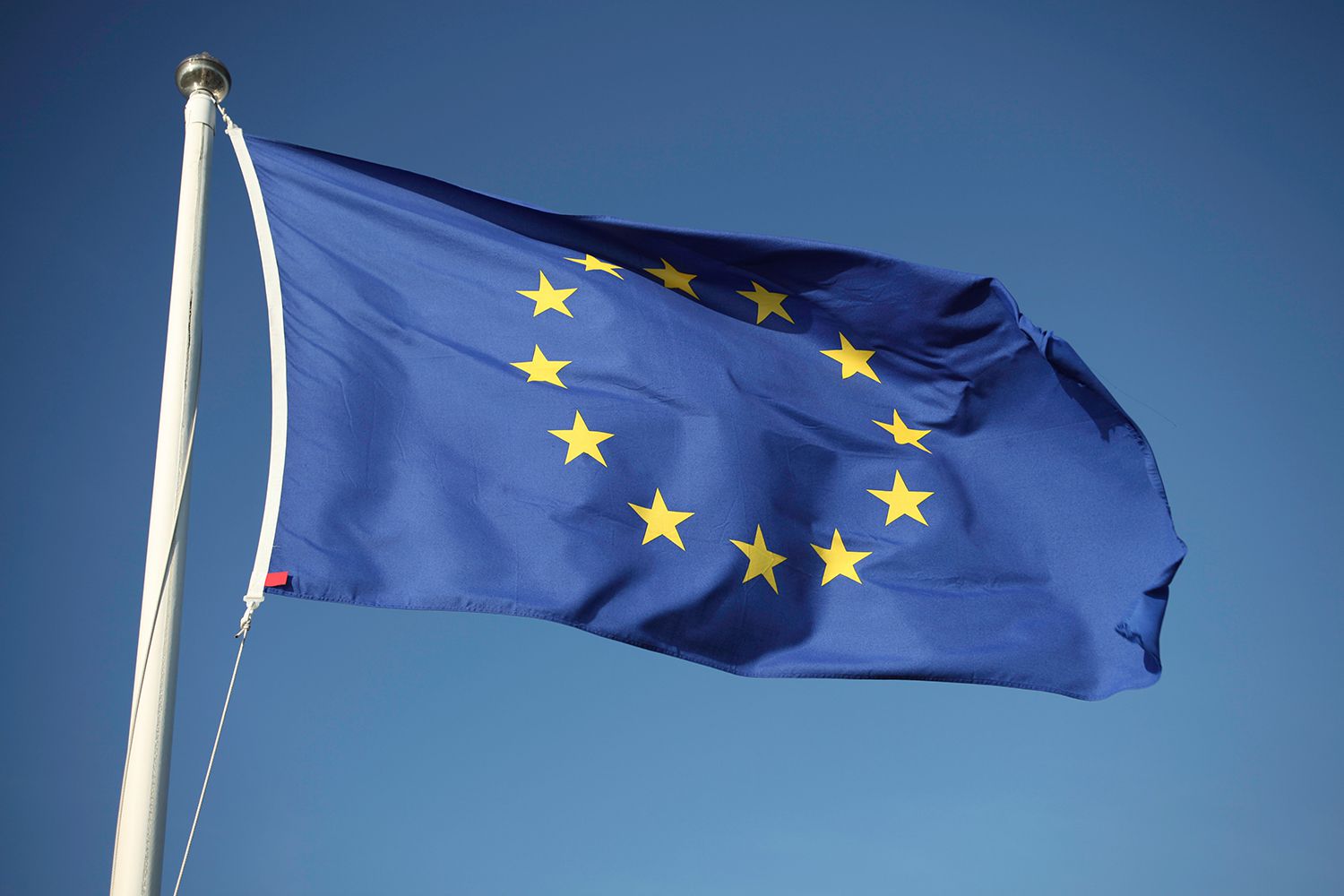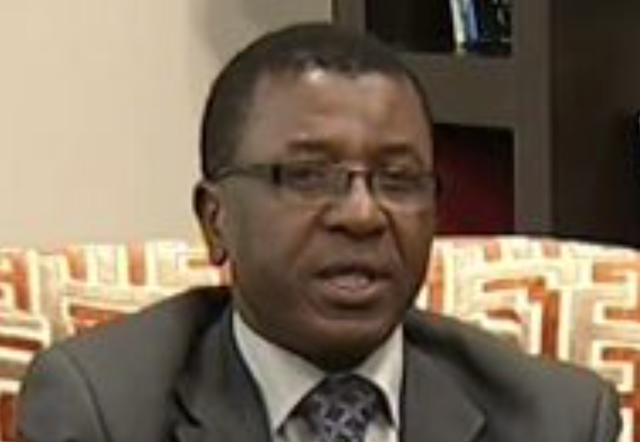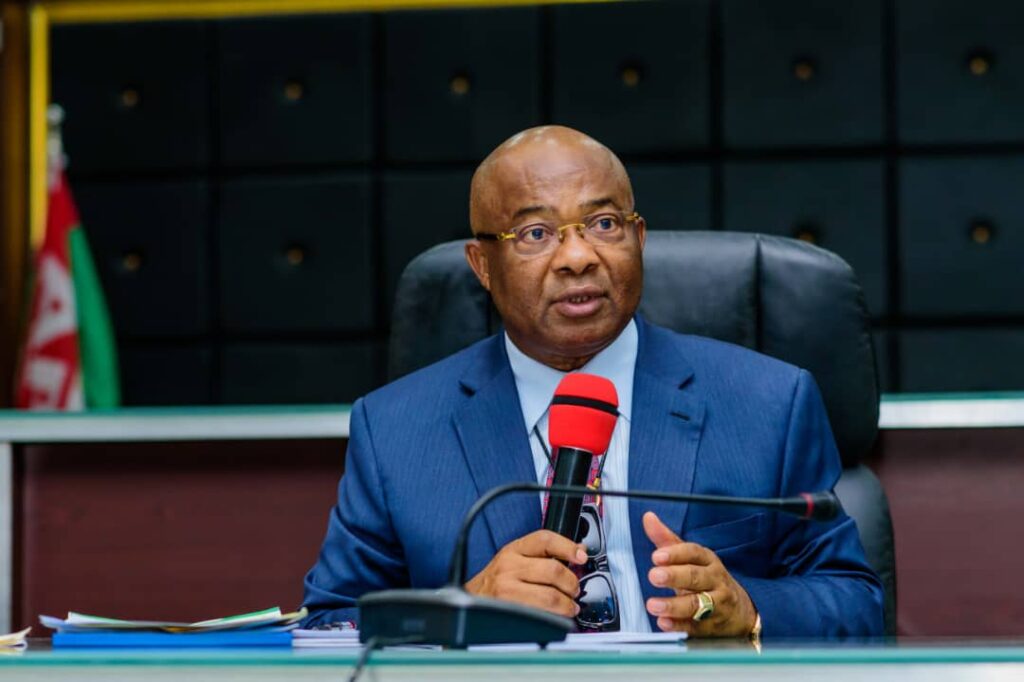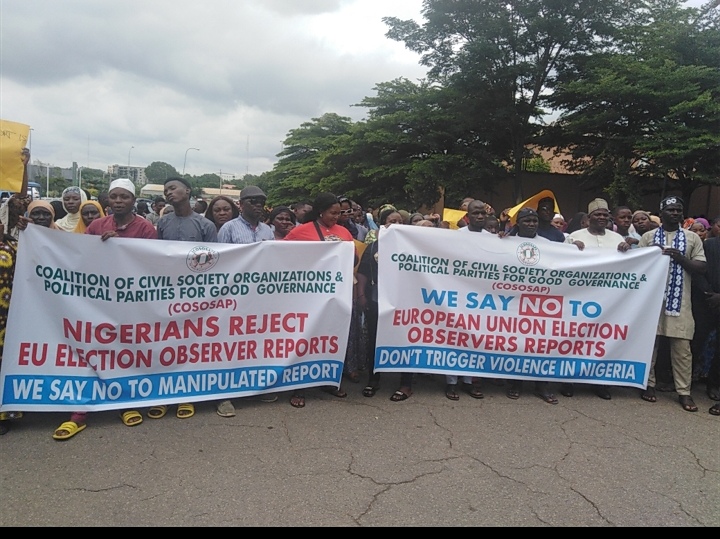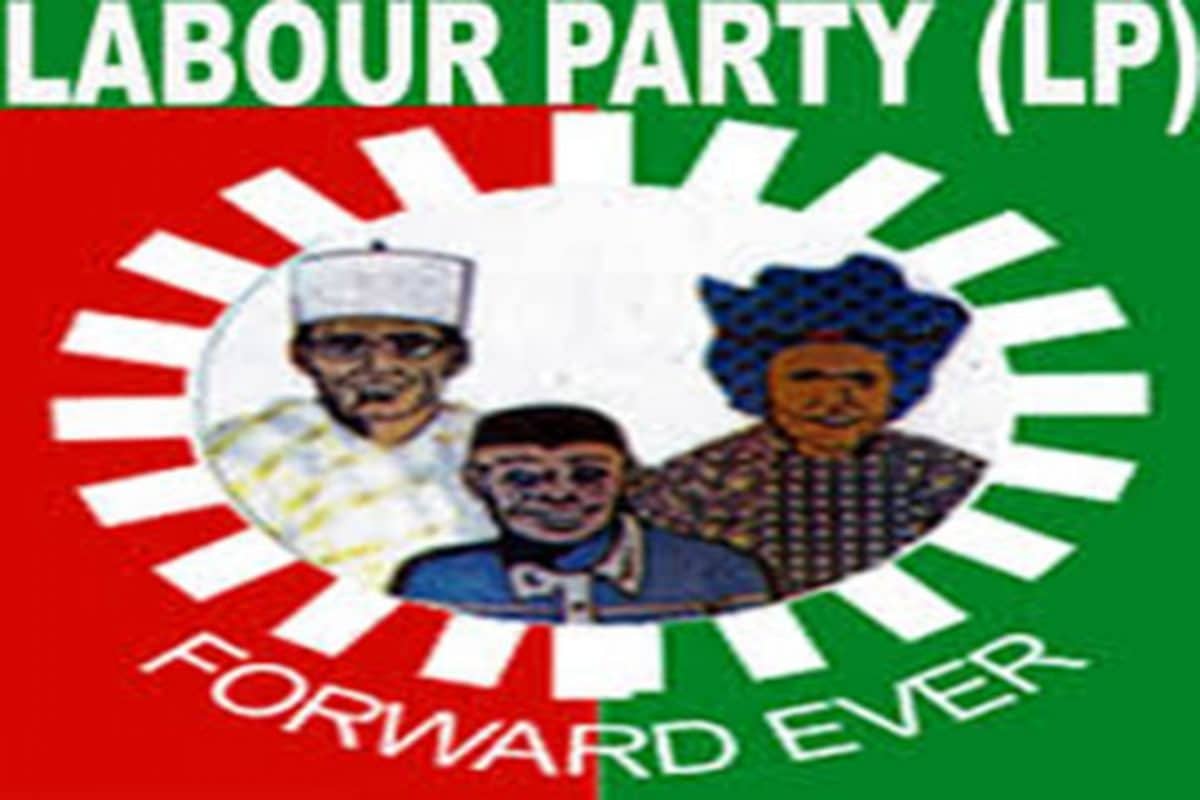United States President, Donald Trump, invited Ukrainian President, Volodymyr Zelenskyy, to the White House on Monday, August 18, 2025. The purpose was to brief the latter on the outcome of his meeting with Russian President Vladimir Putin three days earlier. Trump had already briefed Zelenskyy on phone and thought a meeting to finalise a possible trilateral summit with Putin was necessary.
But rather than Zelenskyy alone showing up, a team of otherwise busy European leaders escorted him. These included the leaders of Britain, France, Italy, Germany and Finland. Also on the escort team were European Union Commission President, Ursula von der Leyen, and North Atlantic Treaty Organisation, NATO Secretary General, Mark Rutte. The popular saying is: many are called, few are chosen. In this case, it is few are called, many choose to invite themselves.
As Trump called each of the European leaders to make a few remarks, the scenario was like a headmaster meeting his pupils. Clearly, the European leaders were jittery. The reasons for this might not be difficult to decipher. First, the Trump-Putin meeting apparently went smoothly and the optics were two smiling Presidents appearing like old friends eager to discuss whatever differences they may have, and assuring the world all was well between them. This was obviously to the disappointment of the Europeans who expected Trump to put pressure on Putin for an immediate ceasefire, if not a commitment to withdraw from all of the conquered or lost territories of Ukraine.
Also, the very warm welcome of Putin after a red carpet had been laid, and an applauding Trump eagerly shaking his hands, negated the long campaign of the European leaders that Putin is a wanted war criminal and that Russia is an isolated country.
Also, the US team agreeing with Russia that the issue of the future of some Ukrainian territories are on the negotiation table was a crushing blow for the Europeans. They had egged Ukraine into the war and played motivation speakers, telling the latter it could militarily defeat Russia. They had blackmailed their members like Germany and Hungary who had advised that Ukraine should avoid war with Russia. Some of the European countries had on September 26, 2022 gone to the ridiculous extent of bombing the Nord Stream pipelines supplying cheap Russian gas to Germany. Their purpose of resorting to this act of terrorism was to ensure that Germany had no reason not to support the war against Russia.
Equally, the US-Russia consensus that negotiations on ending the Russo-Ukrainian War should take the root causes of the conflict into consideration was not pleasing to the European bosses. Their propaganda which they sold to the gullible was that Russia just woke up one day and invaded Ukraine. Such simplistic narration excluded the facts that the pro-West part of Ukraine had twice carried out coups when they could not win at the ballot box and had gone on to exterminate populations in the pro-Russian regions that had rejected the coups and insisted on democratic processes.
The claim of “Russian Invasion of Ukraine” also excluded the fact that Russia strived to prevent war by suing for peace and being signatory to two peace agreements: Minsk I & II which the Ukrainian establishment refused to implement.
Another matter that alarmed the Europeans was the understanding between Putin and Trump that Ukraine and Russia should go directly into negotiations and agreements to end the war. This was against the European leaders campaign for a ceasefire. The claim of the European leaders is that negotiations would take a long time. Which laws state so? Negotiating a ceasefire with agreed boundaries can take the same time as making such negotiation the basis of an agreement to end the war.
Also, Putin had emerged from the meeting with Trump, head held high, exuding confidence and giving Trump, a parting shot: “Next time in Moscow”. Meaning: the American team is invited to Russia for further talks.
The preferred path of the European leadership is the prolongation of the war, supplying Ukraine with more arms and piling more sanctions on Russia. This, in the face of the Trump-Putin understanding, appears to be falling on its face.
European leaders rushing to Washington on the back of the Trump invitation to Zelenskyy, was a fidgety move to individually and collectively pile pressure on the American government to backtrack on its understanding with Russia.
Also, it appears they to do not have confidence that Zelenskyy can hold his own with Trump who had publicly humiliated him when they met on February 28, 2025. So, they escorted him to the meeting probably to boost his confidence.
But the European leaders, tagged the ‘The Dream Team’, do not appear to be enthusiastic about the proposed peace negotiations. The very next day, they called a meeting with their allies. Rather than discuss how to contribute to the peace negotiations, their focus was how to deploy a “reassurance force” to the region, and what they will do when the negotiations fail or are not implemented. They talked about security guarantee for Ukraine after the peace deal which would require boots on the ground. But Trump asked that the US be counted out of such an idea.
There were also proposals to give Ukraine a NATO Article 5 cover under which any attack against it will automatically mean an attack on all NATO members who will be under obligation to join such a conflict. In other words, the world would be pushed towards a global conflict. This precisely is what Trump wants to avoid.
Such a proposal is also a back-door way of admitting Ukraine into NATO. In fact, NATO scribe, Rutte, had told the press in Washington: “The situation is this – that the U.S. and some other countries have said that they are against NATO membership for Ukraine. The official NATO position … is that there is an irreversible path for Ukraine into NATO.”
Also, excuses are being made why Ukraine may not implement agreements reached, especially if they involve loss of territories. The argument is that Zelenskyy has no powers under the Ukrainian constitution to concede territories. This is a rather puerile argument. It is a foregone conclusion that agreements which may affect the constitutions of Ukraine and Russia, will have to be referred to their parliaments for ratification.
In any case, did the Ukrainian establishment not violate the constitution when it overthrew elected President Viktor Yanukovch on February 25, 2014, an undemocratic act that led to the Ukrainian Civil War and eventual war with Russia? Is Zelenskyy not raping the Ukrainian constitution by refusing to vacate office after his five-year tenure expired in April 2024, and made calls for elections, treasonable?
European leaders should give room for peace!
